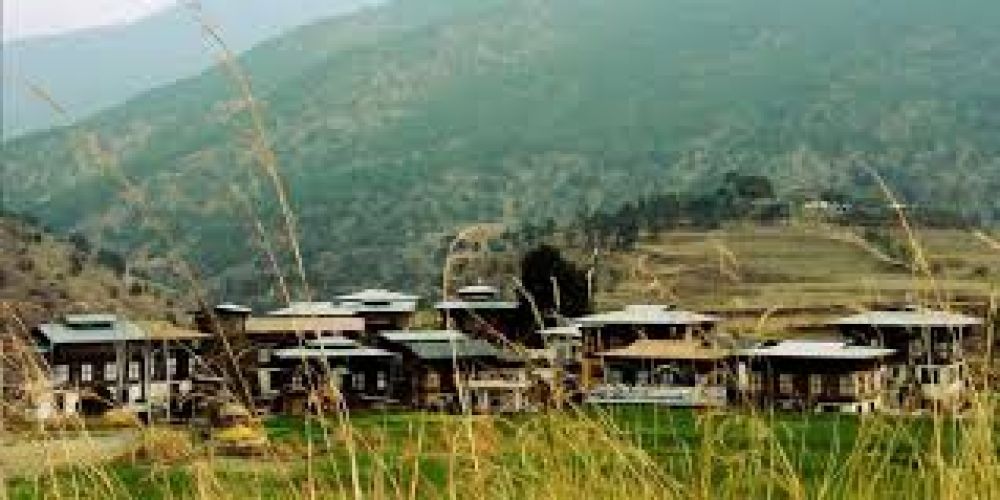

Bhutan, known for its pristine environment and strong emphasis on cultural preservation, opened its doors to tourism in 1974. This move coincided with the coronation of the fourth King, His Majesty Jigme Singye Wangchuck. Wangdue Phodrang, being one of the largest dzongkhags (districts) in Bhutan, has since played a vital role in the tourism industry of the country. The history of tourism in Wangdue Phodrang is marked by the promotion of its rich cultural heritage, stunning dzongs, and traditional Bhutanese architecture.
In particular, the villages of Adha and Rukha, set deep within the heart of Wangdue Phodrang, have emerged as destinations for visitors seeking immersive cultural experiences and eco-tourism.
The quintessential Bhutanese villages of Adha and Rukha are traditional settlements that offer tourists a glimpse of the rural Bhutanese lifestyle. These remote villages are accessible only by foot or by crossing the Dang Chhu River, which only adds to their allure and mystique. With a small population, these villages are known for their traditional houses and their residents' unique way of life, which has been preserved for generations.
In recent years, there has been a shift towards sustainable and responsible tourism in Bhutan, with a focus on providing genuine and authentic experiences to visitors. Adha and Rukha, in this regard, have become significant for their participation in community-based tourism. This approach helps in preserving local traditions and provides economic benefits directly to the village communities.
Tourists visiting Adha and Rukha can partake in a range of activities, including:
The conservation of the environment and the preservation of their cultural heritage are paramount. As such, the villages only accommodate a limited number of tourists at any given time, adhering to Bhutan's policy of "High Value, Low Impact" tourism.
Tourism plays an important role in the economies of Adha and Rukha villages. It offers an alternative source of income, enhances the local standard of living, and provides employment opportunities. By welcoming tourists, the villagers showcase their culture with great pride while ensuring that their practices and way of life are respected and maintained for future generations.
Note: All visitors to Bhutan, including those heading to Adha and Rukha, are required to plan their travels through a registered Bhutanese tour operator. This is in line with the country's sustainable travel regulations and ensures that the experience is enriching for both the traveler and the local communities.